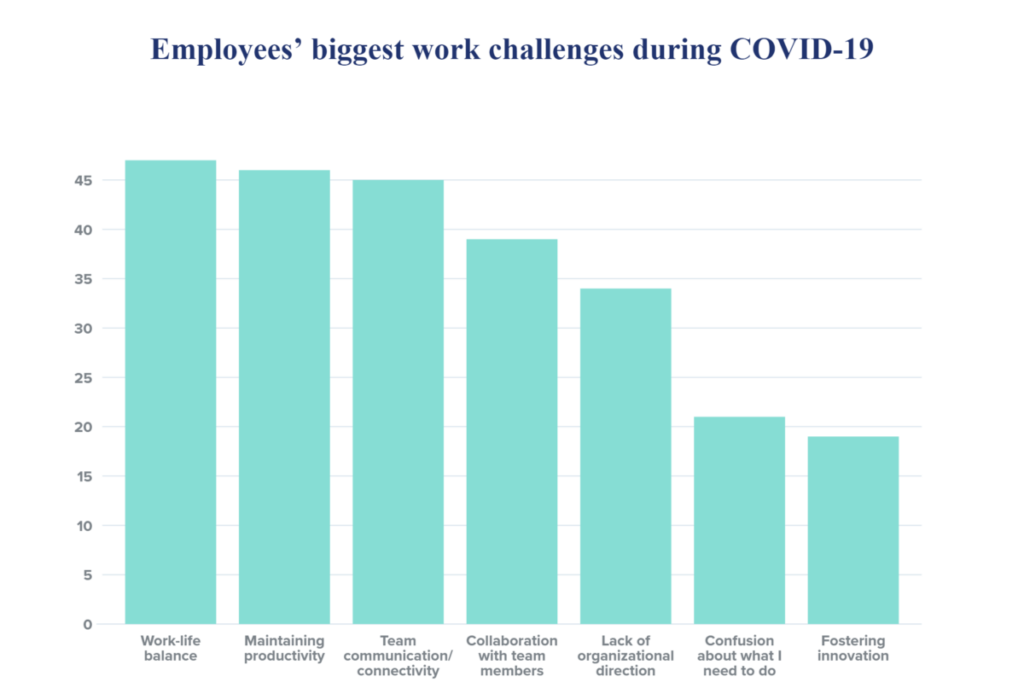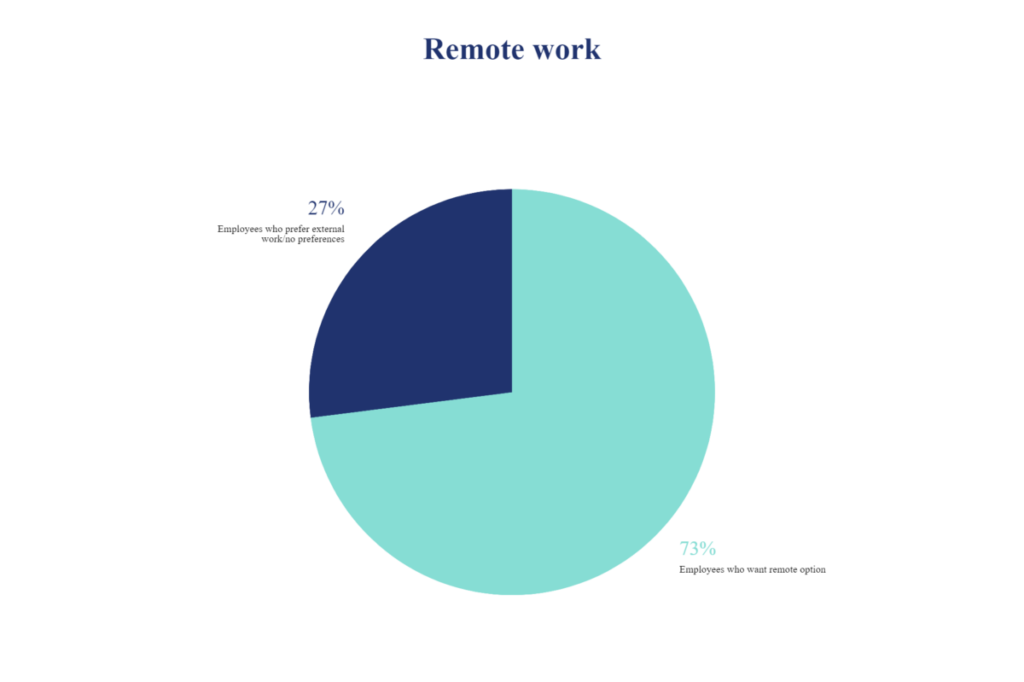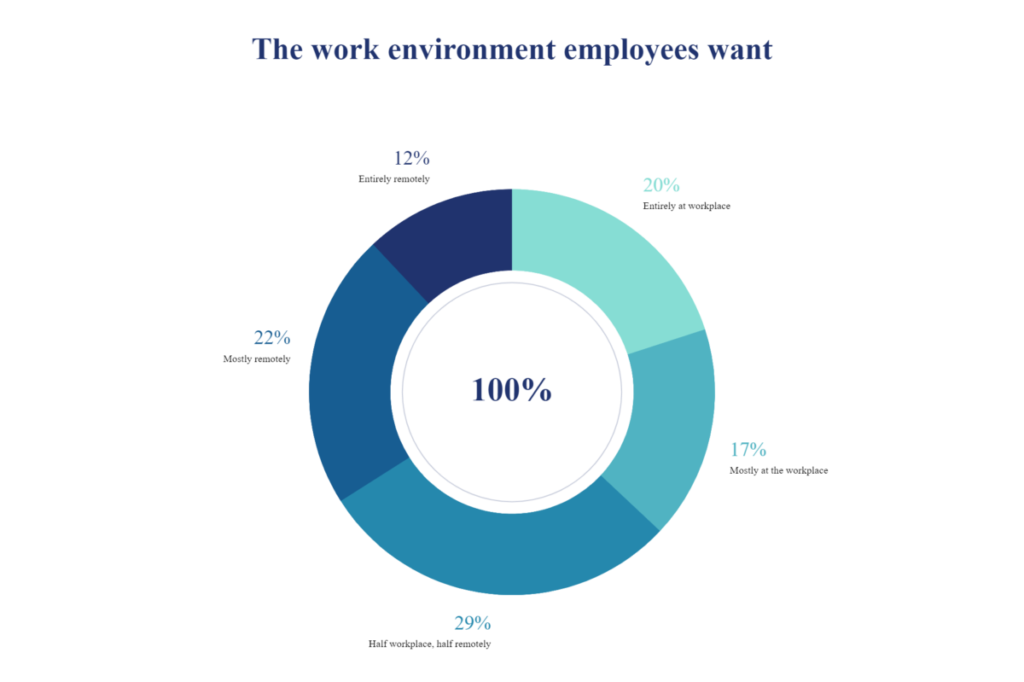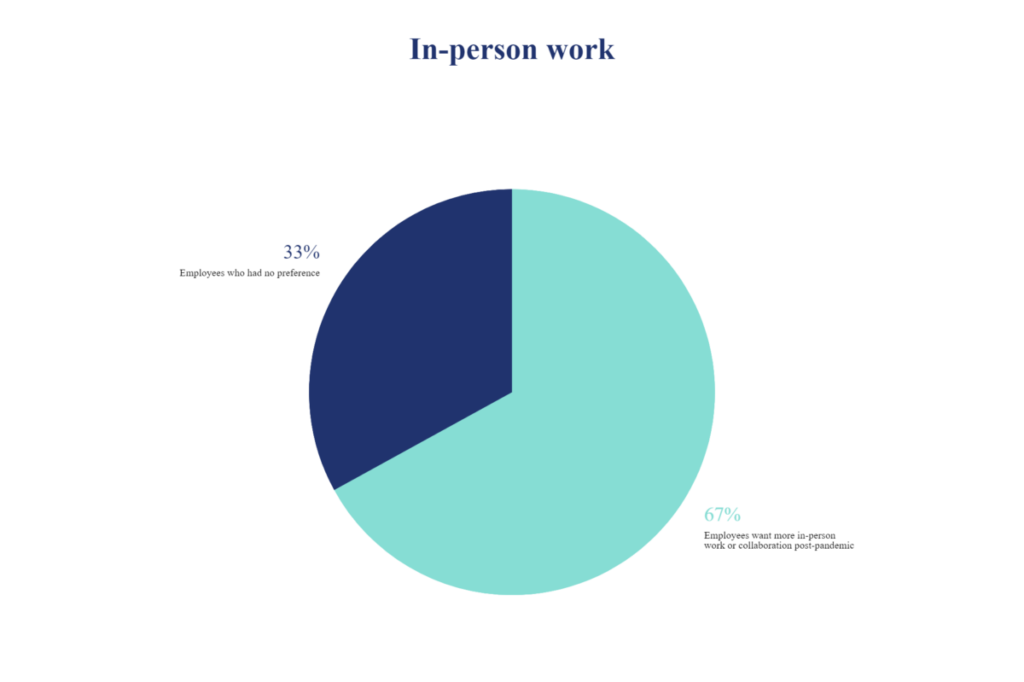

Some young people prefer working from home a year into the pandemic
Business & TechCanadaCOVID-19CultureLifestyleLifestyleNewsToronto Apr 13, 2021 Josh Welsh

By Josh Welsh
Over the last year, young people across the province have been forced to adapt to new circumstances. While some have found it challenging, other young people have embraced their new routines – and aren’t so sure they want to return to how their work life was pre-pandemic.
Jessica Shapiro, a 25-year-old caseworker who worked in an office at the beginning of the pandemic, says she was dealing with clients who were coming from out of the country and Canadians who were applying for benefits. Her workplace management initially refused proper PPE for employees because they were worried they were going to scare clients away.
“Obviously, that was super scary,” she says. “I started to refuse work, so we would have our clients come downstairs to where we would normally meet them but we would stay upstairs in our offices and then call the client through the phone and complete the appointments that way. That was the first time we ever experienced not meeting with the clients in person.”
Shapiro says not long after they were forced to shut down because of the first provincial lockdown last March and had to start working from home. Her employer provided all the necessary things for her to transition into working remotely, like a laptop, chair and any other accommodations she required.
Her day-to-day work life from in office to working from home hasn’t changed much, which has made it easy to adapt. “Everything I do now is online,” she says. “But it used to be that way as well. All of my client applications were done online through our database. The only difference now is instead of meeting with our colleagues in person, it’s through video.”
For Chad Robertson, a 25-year-old programming analyst for the St. Lawrence Seaway Management Corporation in Cornwall, the experience working from home has been a positive one. He worked externally in office for just a month last year before the first lockdown had everyone shift to remote work.
“A definite pro is having a little bit more independency when working from home,” he says. “It’s a really nice feeling to be able to be in my own comfort zone, in my own area, to be able to work how I want. And I feel like I think so much better in my area,” Robertson says.
While he does enjoy working from home, he misses being able to go out.
“My poor car,” he says, laughing. “I don’t get to drive it a lot. I really enjoy driving even if it’s five minutes down the road. But I spend way less on gas. Instead of paying 20 bucks every week or two, I now spend 20 bucks every month. Another con, I will say, is not being able to go the gym.”
Shapiro says one of the challenges of working from home has been not being able to mentally separate her work life from her personal life, dealing with the exposure to high conflicts and trauma that comes with the social work field.
“My 10-minute drive home would give me some time to decompress, give me time to separate work from home and then get home to cook and clean or whatever,” she says. “It gave me some of my own alone time and be able to leave things at the door kind of thing, whereas now it’s really hard to do. I think I’ve grown to really appreciate that time outside of work even more now.”
New homeowners are young people
Studies suggest young people like Robertson and Shapiro who work from home are planning for the shift to be a more permanent one. A study conducted by the Angus Reid Group last year and published by PwC Canada, showed that 64 per cent of Canadian employees who work remotely say they wouldn’t be or aren’t sure they would be comfortable returning to an external workplace in the next three months. 82 per cent worked from a space outside of home before the pandemic where 59 per cent of Canadians now work remotely.
According to a recent survey published by Royal LePage, 44 per cent of Ontarians aged 25 to 35 own their home. Of those homeowners, 26 per cent purchased a home since March of last year.
Shapiro and Robertson were among those 26 per cent. For Robertson, it wasn’t because of COVID-19 but rather moving out to be independent. Shapiro says it was worth paying the extra $500 they would in rent to purchase a home. Robertson also says it was worth the purchase.
“It’s one of the best investments. I wouldn’t trade it for anything else right now, especially the way the house markets are going,” he says. “I will happily take that $20 (from gas money) and throw it into my basement renovations so I can make my house prettier. It’s made a big impact.”
Nearly two thirds of Canadians in the 25-35 age group, 63 per cent, who are employed or seeking employment, say the ability to work for an employer that allows the option of remote work is important.
Scott Ingram, realtor and chartered accountant, says the summer months last year saw more people purchase homes.
“I think the reason summer was busier than normal was because we had a delayed spring. It was a pent-up demand kind of thing so people who would normally apply and be looking in the spring, they weren’t doing that. When things eased up in the summer, you had people in the market who were starting to look again,” he says.
Ingram adds that people who are looking for more space and not having to worry about commuting is a driving factor in buying homes as well.
“Location for a work-from-home environment is less important now,” he says. “I think, personally, people who jumped to the suburbs are now living in a cottage year-round. They’re going to get called back to the office eventually so I think there was a lot of knee-jerk movement that happened and we’ll see how that plays out in the longer term. There’s always going to be people who want to live in the city.”
Naomie Senechal, a 23-year-old real estate analyst, says the demand is extremely high for real estate because interest rates for young people are lower during the pandemic.
“I think (during the pandemic) people just need change. We’re locked down and have nothing to do. Moving and investing in real estate is a new trend, it’s something to do. Right now, because the interest rate is so low, it’s very easy to get approved for a mortgage.”
She adds, however, there’s always a flip side to investing early.
“It’s not the intelligent way to go long-term because the interest rates can easily get back up there and that’s when people will have a hard time paying back their mortgage.”
Remote or external work?
For Robertson and Shapiro, both say they prefer to work from home after the pandemic.
“I’m more productive in my own environment,” Robertson says. “I can get more work done. My ideas flow better by myself. I really enjoy my work and what I do. And part of the job is I need to be in the zone in order to get work done. If somebody is talking to me, I lose that zone and then I’m out of it for two hours. So, I enjoy working from home because I don’t have those distractions,” he says.
“I found when I was working in the office, there was this expectation of you like doing something for eight hours a day,” Shapiro says. “It was hard to even get away from the computer for my hour break lunch or my 15 minute breaks, it was always so busy, whereas now I find it’s more relaxed. If I have some free time, I can go do the laundry, I can go leave the house for a 10-minute walk and it’s fine. That kind of work balance just works so well for me,” she says.
David Soberman, professor of marketing at University of Toronto, says whether people prefer working from home or working in office depends on the person.
“For people who are very social, this has been tough,” he says. “For others, this has been a welcome change. However, for the majority of us, we like to have more social interaction than what we are currently getting through the pandemic. Hence, people can’t wait to return to the workplace. However, once people start commuting and getting stuck in traffic jams, the shine on return to work may wear off.”
Senechal would rather go back to the office when the pandemic is over. “I’m okay with [working from home] for a little bit,” she says. “When you’re in office, I feel there’s more of a structure and routine in your life and can see people every day. That would be nice because I’m very extroverted and I like to work with others and learn from others as well.”
The pandemic has made one thing seem likely: remote work is here to stay. Shapiro says she would welcome the option to work from home as it would help with saving costs.
“We really progressed to what was inevitably going to happen eventually in future and done it in a year,” she says. “I really think that this will become permanent. If not, something to this effect will be. Why pay thousands of dollars a month in the rent that they pay across our four regional office buildings? Why pay for us to come use the utilities to pay for all of that, when we could just simply work from home?”
Featured photo: “Working from home” by chezmummy. Licensed under CC BY-ND 2.0.




